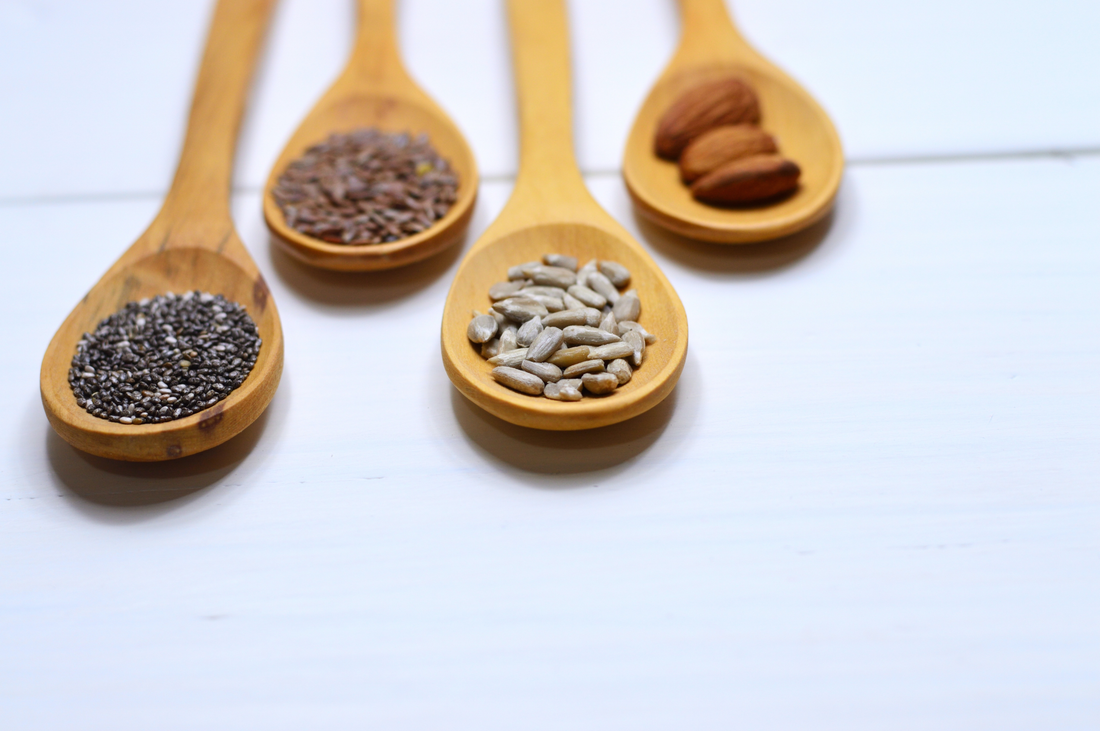Confused about protein as a plant based athlete? We are here to clear up the confusion! Although we do not recommend a vegan lifestyle, our dietitian believes in plant based eating. This eating style focuses on meat as the appetizer to a predominantly plant meal.
What is Protein
Protein is a nutrient that is essential for all living creatures and is one of the most abundant substances in the body. There are many different types of protein, yet all contain the same basic building blocks. These building blocks are known as amino acids, and they play many critical roles in the body. It is the arrangement of amino acids that determines the type and function of protein. Amino acids are used for processes such as building proteins, hormones, and neurotransmitters as well are making muscles, tendons, organs, and skin. There are 20 different amino acids that combine to form proteins. Although all 20 are required, your body can only make 11 amino acids. The other 9 are known as essential amino acids, and they must be obtained from the diet.
Sources of Protein
All animal food sources (meat, dairy, eggs) contain all 9 essential amino acids in adequate amounts. Due to animal proteins' “complete” nature, the amino acids consumed from animal products are able to be used immediately by the body. However, these essential amino acids can also be obtained by eating a variety of plant foods. In the past, plant proteins have been considered “incomplete”, meaning they are lacking one or more of the essential amino acids. However, research shows that is not the case.
Plant proteins actually contain some of every essential amino acid. While certain plant foods like quinoa, chia, and soy contain all essential amino acids in relatively equal amounts, others may contain a lower amount of at least one essential amino acid. This is where your body’s resources come into play. The body can actually assemble more complete proteins by creating a storage of amino acids from the foods you eat. If you are eating various plant proteins throughout the day, the body will pool together the essential amino acids and use them as needed to make proteins - pretty amazing!
Protein Requirements
The role of protein in the diet is essential for optimal athletic performance and recovery. There is a consensus that athletes need to consume more protein than non-athletic populations. Typical recommendations include protein consumption of 1.6-1.7 grams per kilogram of body weight for strength and power athletes and 1.2 - 1.4 grams per kilogram of body weight for endurance athletes. To get your weight in kilograms, simply divide your weight in pounds by 2.2. For example, a person weighing 150 lbs would be about 68 kg.
Plant Based Athletes
Plant based athletes tend to consume less protein compared to frequent meat eaters. This statistic makes it imperative for athletes identifying as plant based to be much more cognizant of the quantity and quality of protein consumed. As mentioned earlier, plant based proteins are still technically complete proteins, however many are low in one or more essential amino acids. In particular, plant based proteins tend to contain less Branched Chain Amino Acids (BCAAs) compared to animal products.
Leucine, one of the three BCAAs, has been found to be a key player in muscle protein synthesis. This process is the cornerstone for muscle growth and recovery. Unfortunately, plant foods generally only contain a small amount of it. It is super important for plant based athletes to consume lysine rich foods to ensure proper muscle function. Foods richest in lysine are tempeh, seitan, lentils, and tofu.
Leucine is also in CorePerform Protein!
Make sure to incorporate foods from the list below to ensure you are meeting your protein goals!
High Protein Foods
-
Chicken
-
Fish
-
Red meat
-
Soybeans
-
Tofu
-
Nuts/seeds
-
Eggs
-
Greek Yogurt
Tips for Protein Consumption
-
Spread protein out throughout the day
-
Eat leaner cuts of meat
-
Snack on high protein snacks
-
If having trouble eating enough, utilize CorePerform Protein Powder

